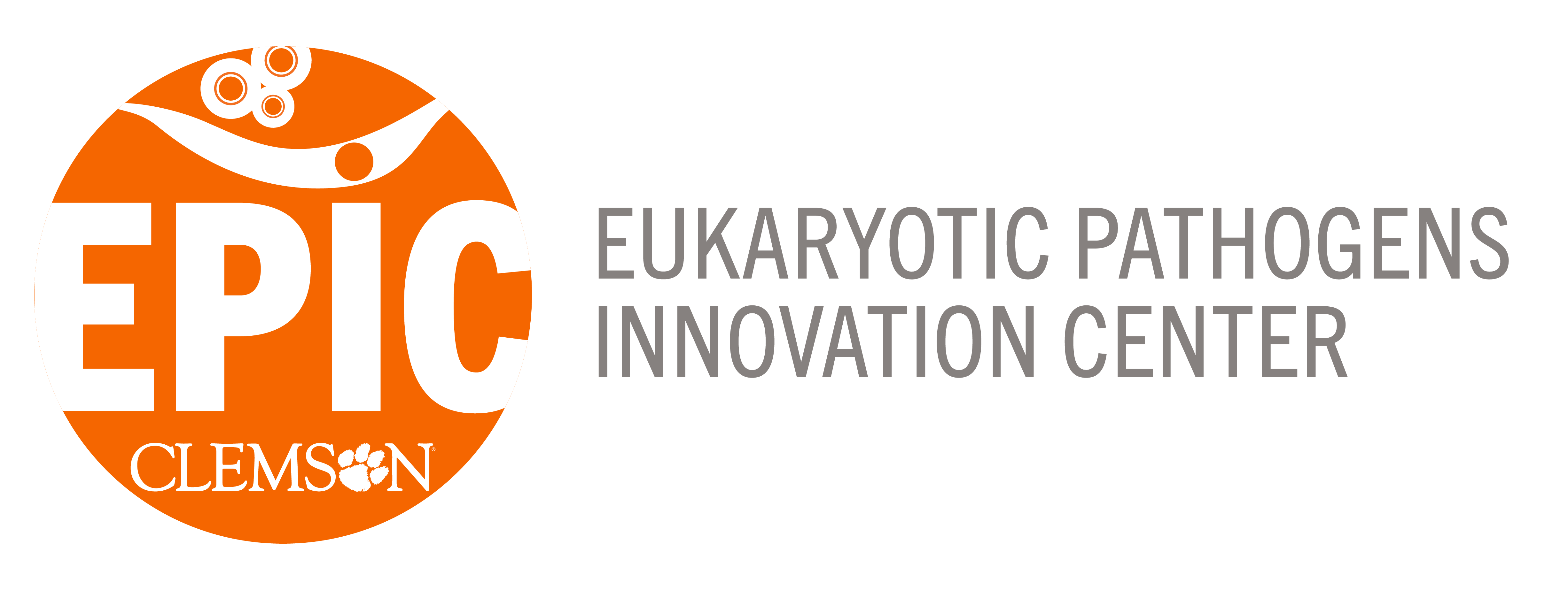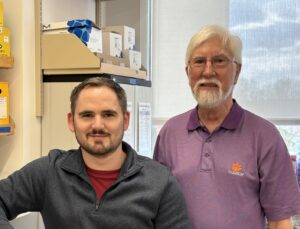Clemson University Secures Grant for Cutting-Edge Hyperspectral Imaging System to Advance Pathogen Research
EPIC researchers have secured a Major Research Instrumentation (MRI) grant to acquire the university’s first hyperspectral snapshot imaging (HSI) system, a transformative technology poised to revolutionize pathogen research. This system will provide unparalleled spectral and spatial imaging capabilities, allowing researchers to enhance phenotypic profiling of eukaryotic pathogens that impact human health.
The grant supports the acquisition of Ximea snapshot imagers, which leverage cutting-edge CCD technology to capture high-resolution spectral data across 57 bands in the visible spectrum. Unlike traditional hyperspectral imaging approaches that require slow, labor-intensive scanning, this new system operates in snapshot mode, capturing full spectral datasets at speeds of up to 300 frames per second. These capabilities will enable Clemson scientists to study dynamic biological processes in real time, advancing research in pathogen detection, host-pathogen interactions, and microbial physiology.
Advancing Pathogen Detection and Diagnostics
The first major application of this HSI system will be in the study of Aspergillus fumigatus, a leading cause of invasive fungal infections in immunocompromised individuals. Current diagnostic methods for A. fumigatus are slow and often nonspecific, leading to delayed treatment and high mortality rates. Using HSI, Dr. Dolan and Dr. Rafert will develop spatial-spectral libraries to identify unique spectral signatures of this fungal pathogen, creating a non-invasive diagnostic tool that can rapidly distinguish infections from host tissues. Dolan and Rafert bring together a multidisciplinary approach spanning biochemistry, genetics, and remote sensing physics.
“This technology will enable Clemson researchers to push the boundaries of pathogen detection and characterization, creating new diagnostic tools and enhancing our understanding of microbial physiology,” said Dr. Dolan, a faculty member in EPIC and a principal investigator on the grant. “We are excited about the potential to develop non-invasive diagnostic strategies that can directly improve patient outcomes.”
With this investment, Clemson University solidifies its position as a leader in cutting-edge pathogen research, opening new doors for federal funding opportunities, global research collaborations, and translational applications in medicine and agriculture.

